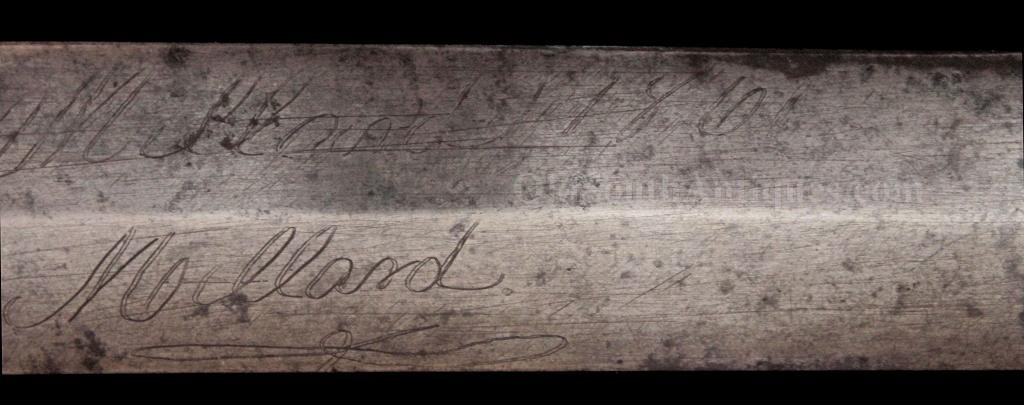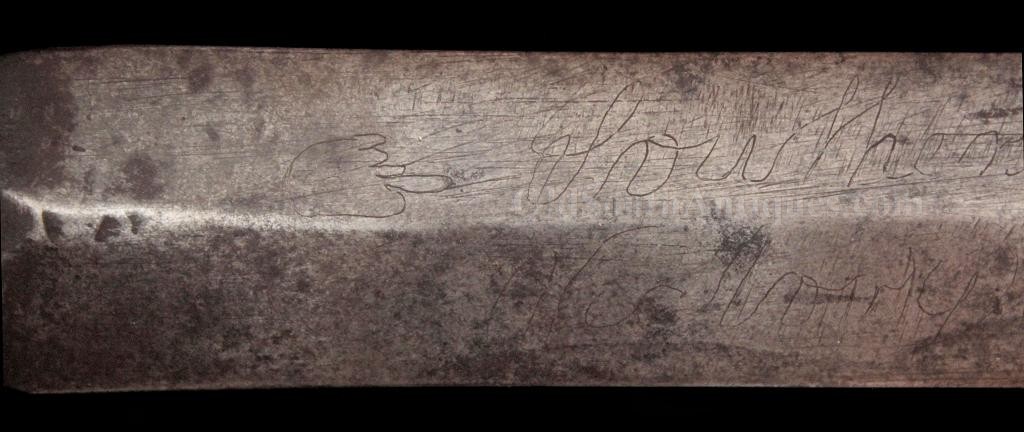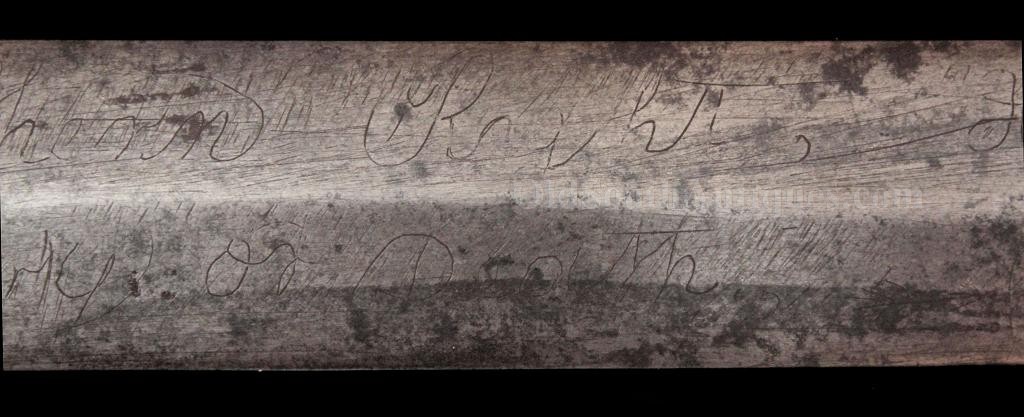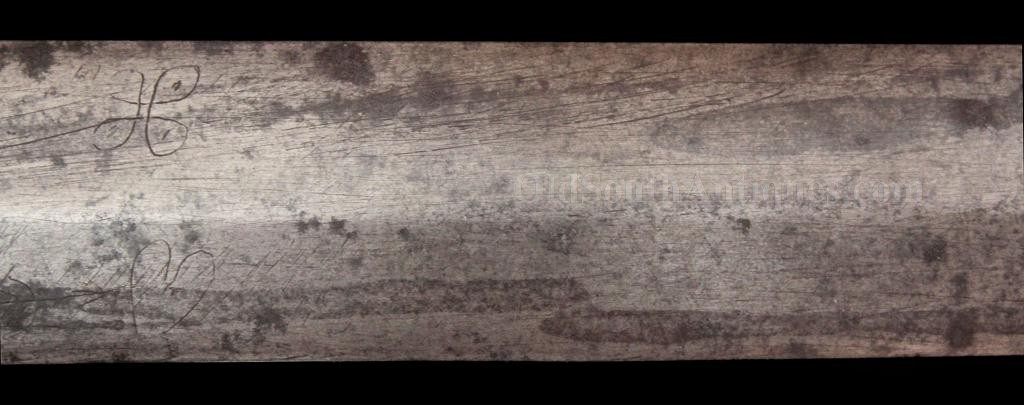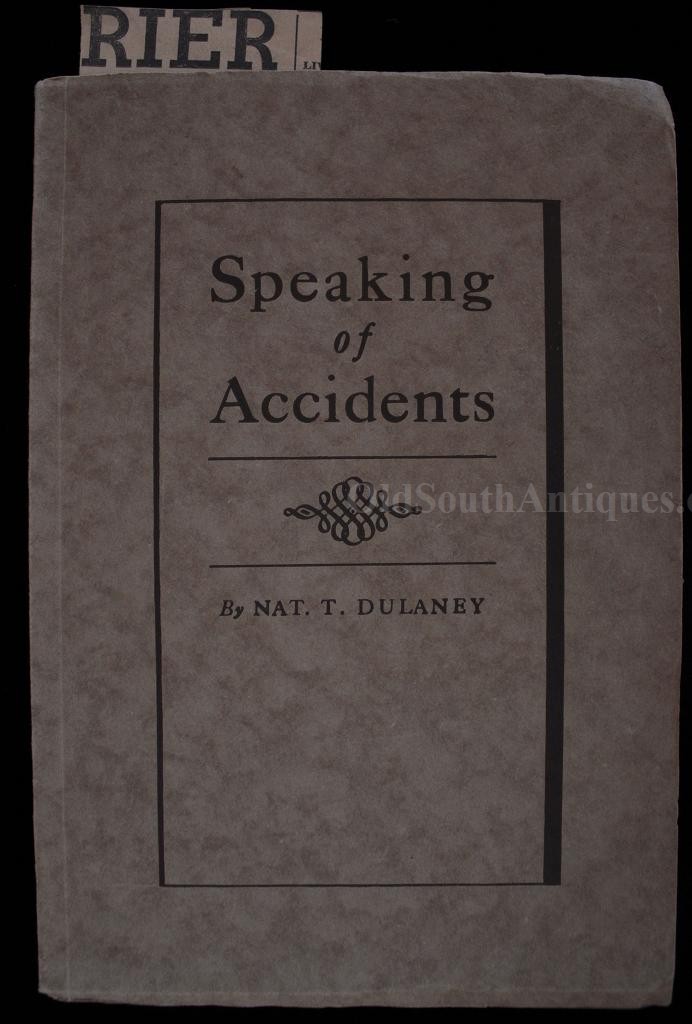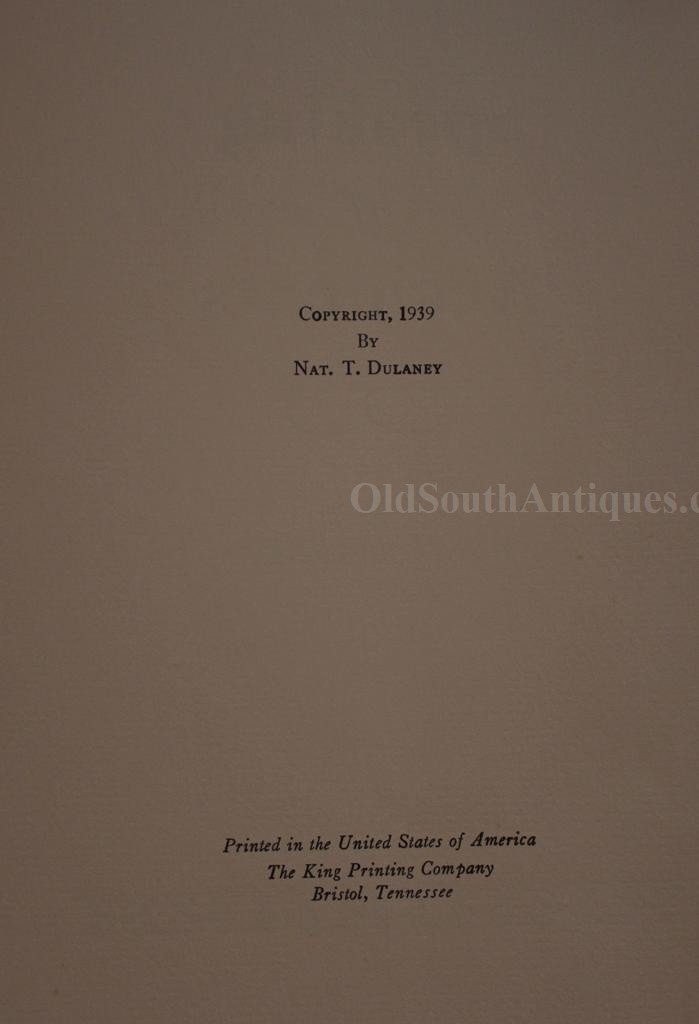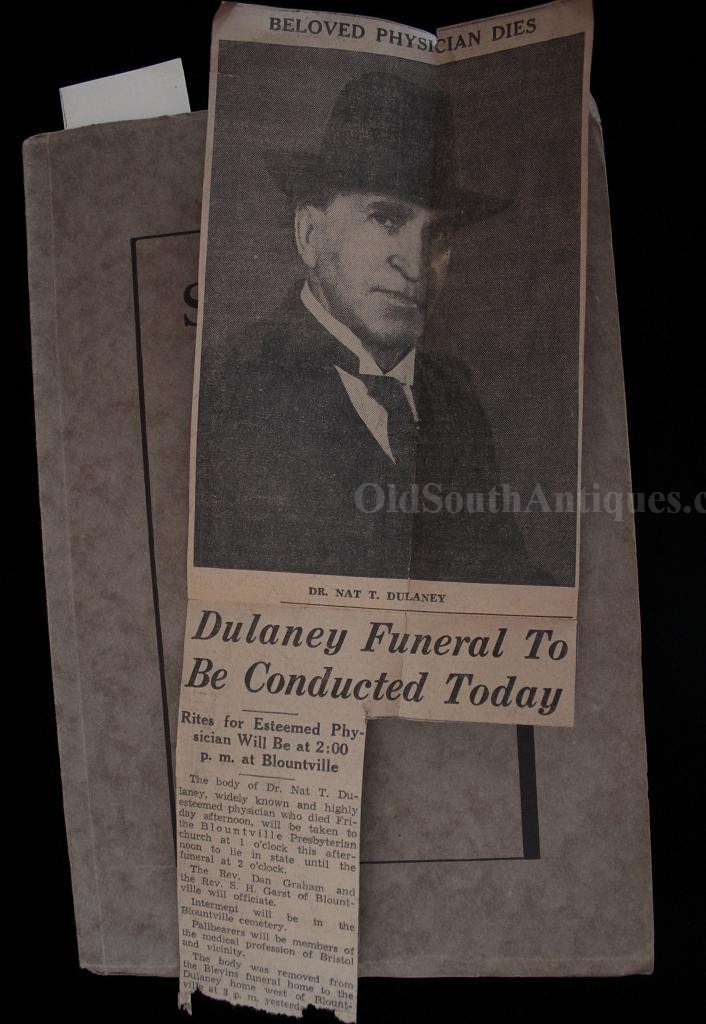
| Catalog | Past Items | Order Info | Terms/Conditions | About Us | Inventory Clearance |
War was looming, the new president of the Federal Government had declared his intention to unconstitutionally invade their homeland with armed men. The five brothers, Joel, Samuel, William, Thomas, and the youngest, Levi Richard Millard Jr. must have had many a serious discussion about how best to proceed; how to protect and provide for their families, how to keep out the invading hordes. Intense times, times that tried men’s souls, little could they realize that it would be worse than their worst fears, that their homes would be overrun, towns sacked and burned, their friends and family killed, imprisoned. Joel D. Milliard had served as a corporal in the 5th Tennessee Volunteers during the Mexican War, so he knew what war was, but even he was not expecting the total war that would be waged; he could not imagine that the government that he had fought for, would stoop so low as to target women and children, bombarding them, and then starving them; but they did.
Sergeant Milliard would leave his home in and kindred in Sullivan County, Tennessee, and start for the army then forming in Knoxville, where they were organized into a regiment in the Provisional Army of Tennessee, then were transferred to Confederate service at Cumberland Gap and would be mustered into the 19th, Tennessee Infantry.
The 19th’s first major engagement was at Fishing Creek, Kentucky on January 19, 1862. Here it was in Zollicoffer’s Brigade, composed of the 15thMississippi, 19th, 20th, 25th Tennessee Infantry Regiments, and Rutledge’s Tennessee Battery. The 19th had 34 casualties in this battle.
After the battle, the brigade retreated, first to Murfreesboro, then to Corinth, Mississippi. On February 23, 1862, the brigade consisted of the 15thand 22nd Mississippi, 19th, 20th, 28th, 45th Tennessee Infantry Regiments, and Rutledge’s Battery.
At Shiloh, April 6-7, 1862, the brigade was in Brigadier General John C. Breckinridge’s Division, but the 19th Regiment, on the morning of the 6th was detached to operate with Colonel George Maney, on the extreme right wing. In the afternoon, it made a charge with Maney’s Battalion, A report of casualties was not found, but Colonel C. W. Heiskell, in his sketch in Lindsley’s Annals stated that the loss in killed and wounded was over 25% of about 400 engaged.
As mentioned above, a list of casualties was not found, but the following month Sergeant Milliard was discharged due to disability. Perhaps he was a casualty, perhaps not, but after recovery, he reenlisted in the 16th, (Neil’s) Tennessee Cavalry Battalion where he served faithfully for the next year before being captured at Stiles (or Styles) Ferry, Kentucky on May 26th, 1863.[ii] Sergeant Millard, like thousands of other Confederates found himself in the Johnson’s Island prison camp in Sandusky, Ohio.
Prisoners, both North and South were suffering terribly, By the summer of 1863, the South was struggling to find replacements for her losses in battle, as a result, exchanged prisoners became a primary source to recruit the Confederate armies. At this point in the War, the North had already decided that a Confederate fighting man was worth more than a Yankee fighting man, and had thus stopped exchanging prisoners.
Wishing to relieve the intentional suffering inflicted on the Confederate prisoners and the Yankee suffering that the Confederate authorities were powerless to prevent, Confederate Vice President Alexander Stephens took the extraordinary step of personally going to Washington, D.C., under a flag of truce to affect the continuation of the exchange system, but the Lincoln regime refused to even see him. General Grant’s position was contained in a letter to General "Beast” Butler: "It is hard on our men held in Southern prisons not to exchange them, but it is humanity to those left in the ranks to fight our battles. Every man released on parole or otherwise becomes an active soldier against us at once, either directly or indirectly. If we commence a system of exchange which liberates all prisoners taken, we will have to fight on until the whole South is exterminated.”The Yankee’s were however anxious to exchange those Confederate prisoners who were on the verge of death, or so debilitated by prison life that they could never return to Confederate service.[iii] As a result, the "Beast” Butler and Confederate exchange agent Robert Ould arranged the transfer of large numbers of prisoners in the autumn of 1864, particularly those who had been held for the longest time or were in poor health and deemed unfit for further duty. Because of this, Levi Millard was approved for exchange at the end of February, 1864, after nine months in prison. No doubt he rejoiced at the news, but sadly he was not destined to see his beloved Southland again. What the Yankee had been able do to accomplish on the battlefield, they inflicted on him by inches and he died as a result of his treatment before being released.
When going into the cavalry service, Sergeant Millard must have exchanged his NCO sword for a cavalry sword, because his NCO sword remained in Sullivan County. The sword’s first recorded collector was Dr. Nathanial T. Dulaney. Dr. Dulaney was a resident of Sullivan County, Tennessee, and in his 1959 publication he writes, "I have an old Confederate sword, and on it is carved in beautiful script "Southern Right Victory or Death” this is dated 1861, and following the inscription is an arrow piercing a broken heart.” Dr. Dulaney’s book and obituary still accompany the sword.
Old time collector Tony Marion of East Tennessee acquired the sword from the Dulaney’s almost fifty years ago and I purchased the sword directly from Mr. Marion.
Copyright © 2025 OldSouthAntiques.com All Rights Reserved.
Privacy Policy | Terms of Use
Powered by Web-Cat Copyright © 1996-2025 GrayCat Systems


